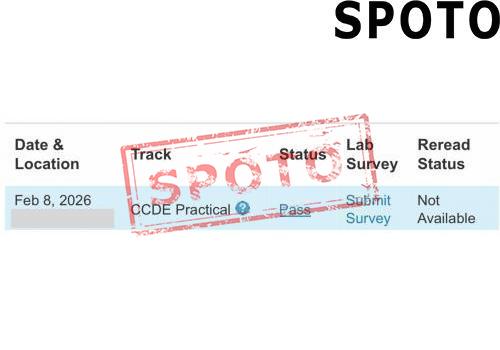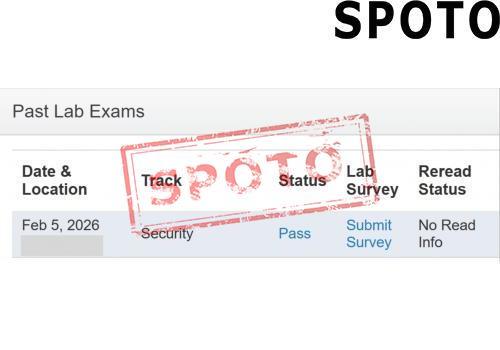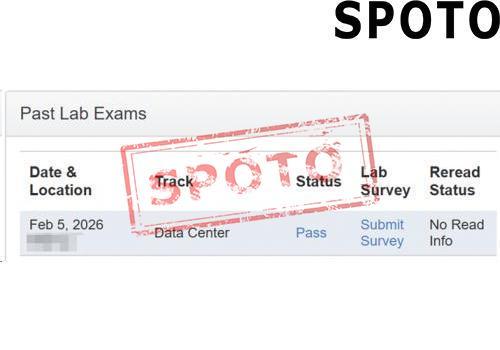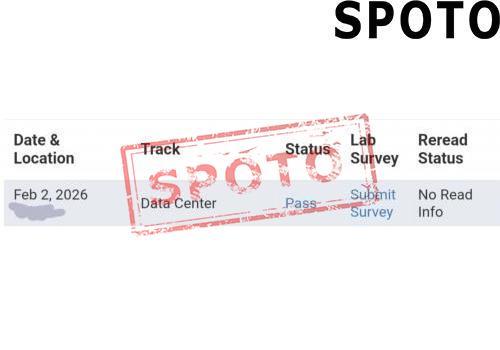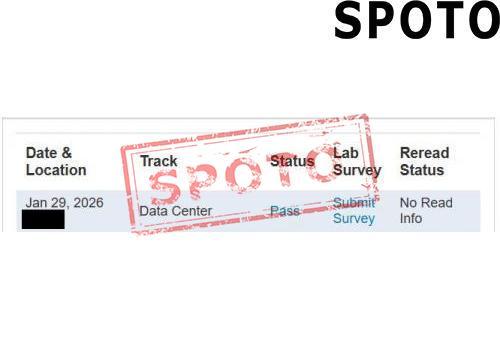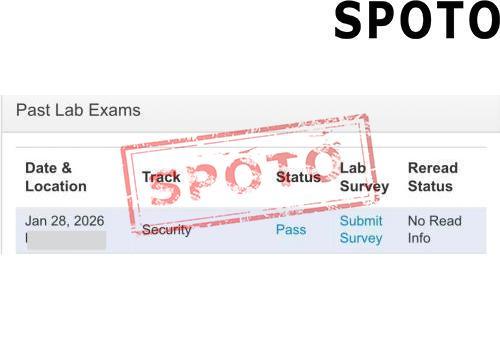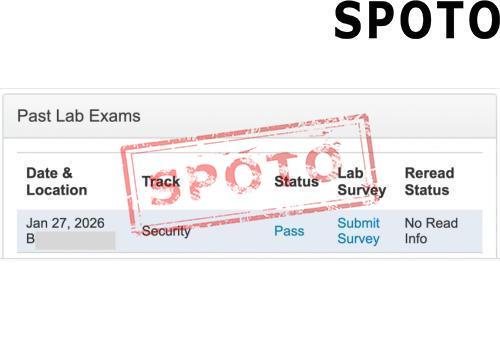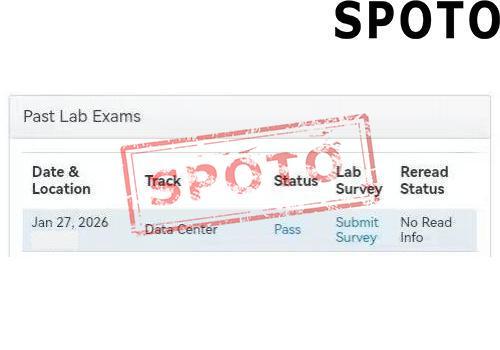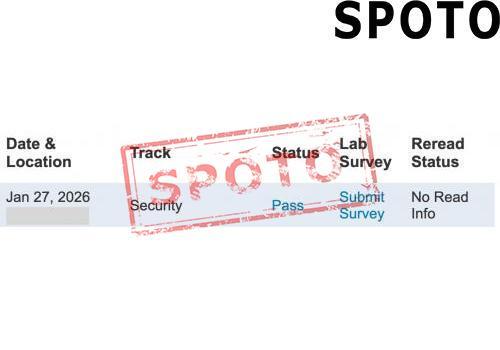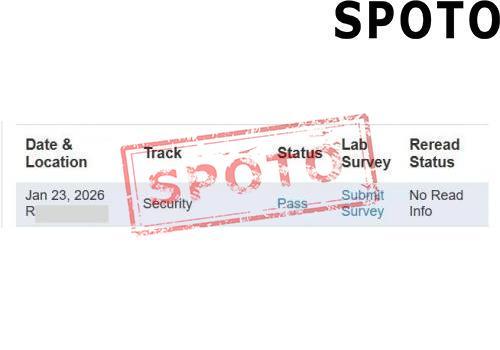
The Cisco Certified Design Expert (CCDE) is one of the most prestigious networking certifications, focused on high-level network design rather than hands-on configuration. Unlike the CCIE, which tests your ability to implement and troubleshoot networks, the CCDE is all about designing scalable, resilient, and business-driven network solutions.
But how difficult is it? And is it possible to pass without sacrificing your sanity (and sleep)? Let's break it down.
1. Understanding CCDE: What Makes It Unique?
The CCDE is designed for network architects, senior engineers, and consultants who work on designing large-scale, enterprise, or service provider networks.
Instead of testing your ability to configure routers and switches, the CCDE challenges you to think strategically, considering business goals, scalability, security, and performance.
CCDE vs. CCIE: What's the Difference?
- CCIE focuses on in-depth troubleshooting, configurations, and problem-solving in real-time environments.
- CCDE emphasizes high-level design—network architecture, scalability, and business-driven decision-making.
2. The CCDE Certification Process
Unlike many Cisco certifications, the CCDE consists of only two exams:
1. Written Exam (CCDE 400-007)
- Exam Volume: 100 Questions
- Duration: 2 hours
- Topics Covered: Network design principles, security, QoS, routing protocols, and business-driven solutions.
2. Practical Exam
- Format: 8-hour scenario-based exam
- Exam Type: hands-on test
- Challenge: Test real-world network design scenarios, where you analyze requirements and make design decisions.
- Passing Score: $1600USD
3. How Hard Is the CCDE?
Let's be honest: CCDE is not an easy exam.
- It requires a deep understanding of networking concepts, protocols, and business requirements.
- The practical exam is scenario-based, meaning there's no right or wrong answer—just the best solution based on the given requirements.
- Critical thinking is key—you need to make decisions considering cost, performance, redundancy, and security.
4. Can You Pass Without Losing Sleep?
Yes! But you need the right approach.
A. Build a Strong Foundation
- Even though CCDE is not hands-on, a solid technical background is crucial.
- If you don't have experience with CCNP- or CCIE-level routing and switching, start there first.
B. Master Network Design Concepts
- Understand business goals and how network design aligns with them.
- Learn about high availability, scalability, and security best practices.
- Focus on routing protocols like OSPF, BGP, EIGRP, and their impact on network design.
C. Practice Scenario-Based Thinking
The CCDE is not about memorization—it's about applying design thinking to complex problems.
Practice real-world design case studies and ask yourself:
- What's the best topology for this business?
- How does security affect my design?
- What happens if this link fails?
D. Use the Right Study Resources
Books:
- CCDE Study Guide by Marwan Al-Shawi
- Network Design Cookbook by Michel Thomatis
Courses: Cisco Learning Network and SPOTO's CCDE training
Practice Exams: Take mock design exams to simulate real-world scenarios.
E. Join the CCDE Community
- Connect with CCDE-certified professionals on forums like Cisco Learning Network.
- Engage in peer discussions—sometimes, debating network designs with others sharpens your thinking.
F. Manage Your Time and Health
- Study consistently instead of cramming last minute.
- Take breaks—your brain needs time to process complex design concepts.
- Sleep well before the exam—a clear mind is crucial for solving high-level design problems.
5. Is the CCDE Worth It?
Absolutely—if you're aiming for a high-level role in network architecture or design.
Career Opportunities
- Network Architect
- Solutions Designer
- Senior Network Consultant
Salary Expectations
CCDE-certified professionals earn $140,000 – $200,000 per year, depending on experience and job role.
Industry Recognition
- The CCDE proves you're not just a network engineer—you're a strategic thinker.
- Many top companies seek CCDE-certified professionals to design mission-critical networks.
6. Final Thoughts: Should You Go for the CCDE?
If you're passionate about network design, business-driven solutions, and high-level decision-making, the CCDE is an excellent choice.
- If you love troubleshooting and hands-on work, you might prefer the CCIE.
- If you enjoy strategic thinking and problem-solving, CCDE is perfect for you.
With the right mindset, study plan, and practice, passing the CCDE without sacrificing your sanity (or sleep!) is possible.
So, are you ready to take on the CCDE challenge?
